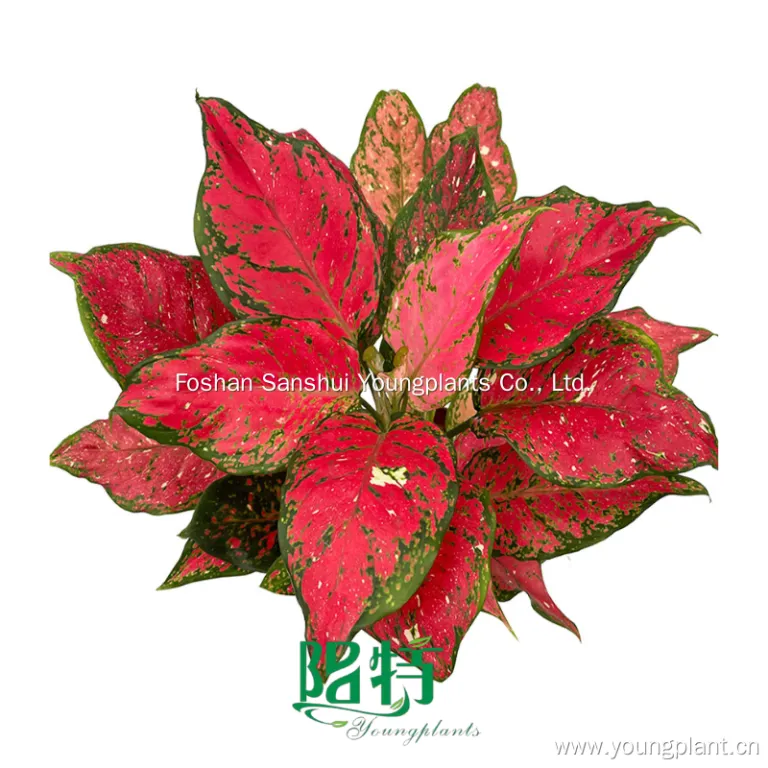Aglaonema, also known as Chinese evergreens, are popular houseplants known for their attractive foliage and air-purifying qualities. However, like many plants, they are susceptible to diseases that can hinder their growth and overall health. Traditional methods of propagating Aglaonema, such as using cuttings or seeds, can sometimes lead to the spread of diseases from one plant to another. That’s where tissue culture techniques come in.
What is Tissue Culture?
Tissue culture, also known as micropropagation, is a method used to grow plants under sterile conditions in a nutrient-rich medium. This technique allows for the production of disease-free plants on a large scale. In the case of Aglaonema, tissue culture is a highly effective way to ensure that the plants being produced are free from harmful pathogens that can otherwise affect their growth and development.
Benefits of Tissue Culture for Aglaonema
One of the main benefits of growing aglaonema tissue culture techniques is the ability to control the environment in which the plants are grown. By providing a sterile environment, the risk of contamination by diseases and pests is greatly reduced. This results in healthier plants that are less susceptible to infections, allowing for better overall growth and vitality.
Scalability and Efficiency
Another advantage of tissue culture is the ability to produce a large number of plants from a small amount of plant material. This is particularly useful for commercial growers who need to produce a large quantity of Aglaonema plants for sale. By using tissue culture techniques, growers can quickly and efficiently produce a large number of disease-free plants, resulting in higher profits and increased productivity.
Genetic Uniformity
Furthermore, tissue culture allows for the production of genetically identical plants, also known as clones. This is beneficial for maintaining the desirable traits of a specific Aglaonema variety, such as unique leaf patterns or colors. By producing clones through tissue culture, growers can ensure that each plant will exhibit the same characteristics as the parent plant, resulting in a consistent and uniform crop.
Conservation of Rare Species
In addition to ensuring disease-free plant production, tissue culture also has the potential to help conserve rare or endangered Aglaonema species. By propagating these plants in a controlled environment, conservationists can help preserve genetic diversity and prevent the extinction of valuable plant species.
Conclusion
Overall, tissue culture techniques offer numerous benefits for growing Aglaonema plants. By providing a sterile environment, controlling disease and pest risks, and enabling the production of genetically identical plants, tissue culture is a valuable tool for commercial growers and conservationists alike. With the ability to produce healthy, disease-free plants in large quantities, tissue culture is a game-changer in the world of Aglaonema cultivation.

